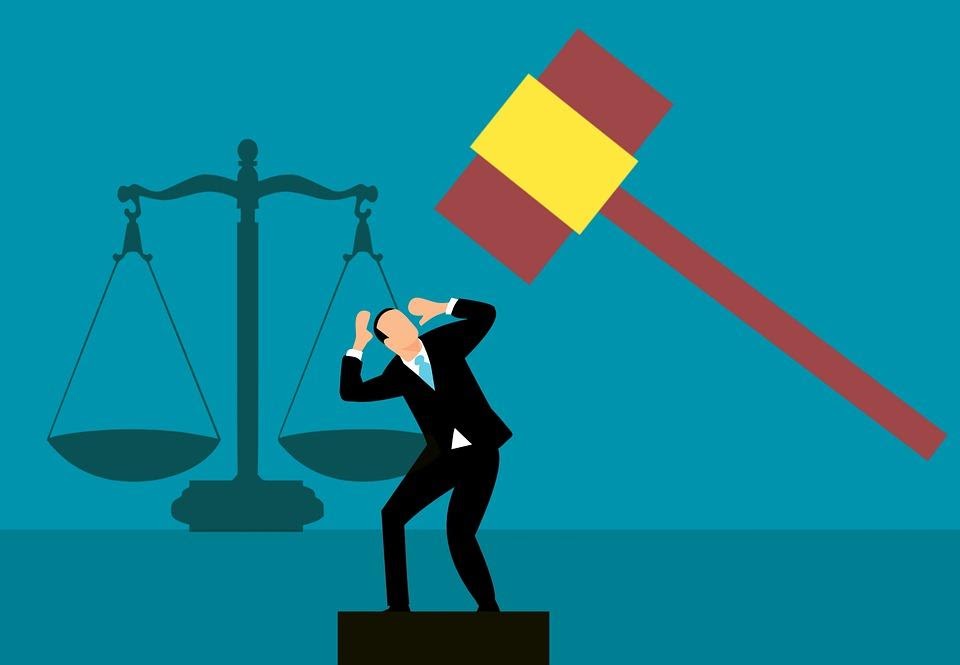
Judging other people is not a virtuous thing to do, especially as our subjective view on others is often misguided. In this article we will see why it is important to speak without judging.
It is in our nature to pass judgement on certain things. Our judgements can be highly beneficial when it comes to recognizing things as positive or potentially harmful. However, we can sometimes be too quick to judge and end up making incorrect assumptions. Most of our judgements are also made subconsciously, meaning that we are constantly making assumptions without realizing it. This is coded deeply into our nature; however, these judgements are not hidden completely from our introspection.
Unintentional judgements can do damage to other people in regard to their self-esteem or reputation. For example, a potentially damaging judgement would be when we judge someone’s personality or value based on their physical attributes. There are also cases where we judge someone in a certain way, simply because others are making the same judgement. These subconscious and harmful judgements are often the product of an unexamined mind. As such, we must examine our judgements to prevent damaging others and ourselves.
Stoic philosophy can show us how to minimize the negative effects of passing judgement. Furthermore, Stoicism can teach us how to speak without judging and the further benefits of doing this. However, we must first explain the difference between objective thinking and judging, which stems from our subjective point of view.
Don’t Judge – Think!
Stoic philosophers were familiar with the difference between an objective and subjective perspective. First, we have a subjective perspective, which is compounded out of impressions; second, we have an objective perspective, which suspends our subjective values and impressions.
An objective perspective is mindful and indifferent. With an objective perspective we are closer to seeing others as they truly are, as the mind is not burdened with various impressions and harmful emotions. However, an objective perspective is not easy to achieve. While our mind is trying to hold the pieces together to make a coherent and whole picture, our judgment-driven behavior is throwing away all those pieces and distorting the objective reality.
Our thoughts and speech are deeply connected. In order to control our language, we must first be able to control our thoughts. The Stoic philosopher Epictetus offers an example on why we should avoid passing judgement on others:
“Does a man bathe quickly? Do not say that he bathes badly, but that he bathes quickly. Does a man drink much wine? Do not say that he does this badly, but say that he drinks much. For before you shall have determined the opinion, how do you know whether he is acting wrong?”
Epictetus, Enchiridion
In Epictetus’ quote we can see that the word “badly” signifies our subjective impression and the word “much” signifies an objective approach. Therefore, we have the matters of fact and judgement.
We can approach facts if we take a more general position when thinking and speaking about something. Judgements are usually one-sided assumptions that result from not having enough information. We should recognize the limits of our understanding and suspend our judgements until we have sufficient information. One of the things we must work on is viewing the world as objectively as possible.
Meditation: How to Speak Without Judgement
Unfortunately, a total absence of judgement isn’t possible in our world when we have job interviews, dates, political campaigns, etc. where we are required to make certain judgments. Furthermore, our initial judgments are often unintentional and therefore difficult to avoid, such as when you immediately decide whether to like or dislike someone at the first glance. Nevertheless, we can practice objective thinking in order to improve our thinking and make more informed judgements, or to potentially suspend initial judgements altogether.
The best advice on how to avoid passing judgements is to think before speaking. Thinking implies an objective standpoint and a general view on things and people.
If you see that someone is sleeping too much, don’t say that person is lazy. You only associate sleep with laziness because you are not familiar with the daily routines of that person. In this case, your perspective is subjective and one-sided. Take another route. Say what you can see from an objective point of view; you can see a person who is sleeping too much. You are not familiar with the reasons behind that action, so you are currently unable to proclaim that person is lazy. It might be the case that the person is sick or depressed or exhausted from hard work. Carry this case into other examples in your life and you will quickly learn how to view the world more objectively.










